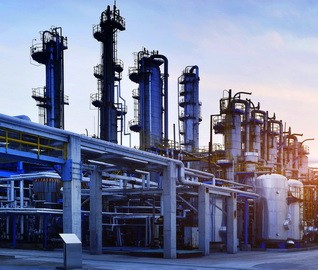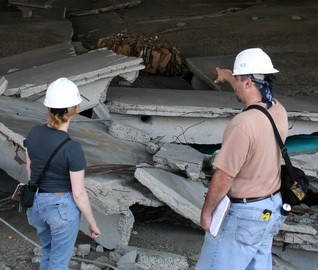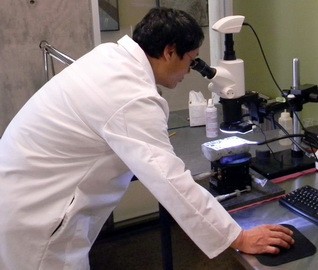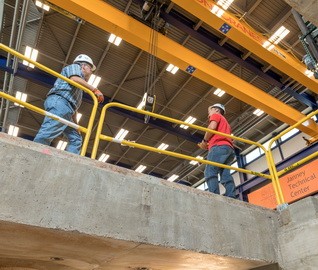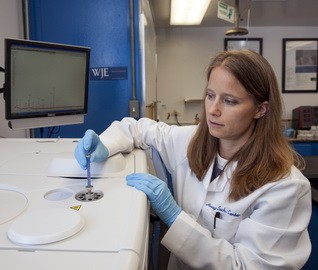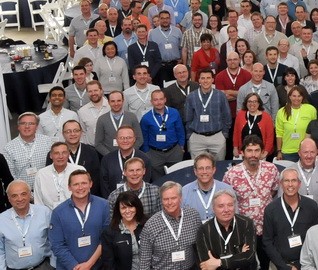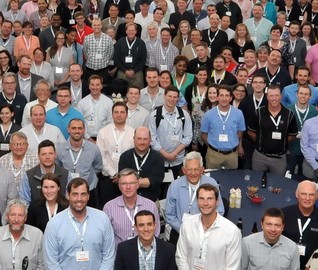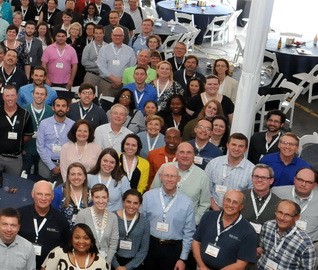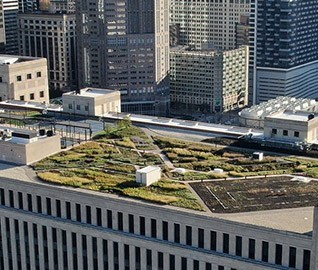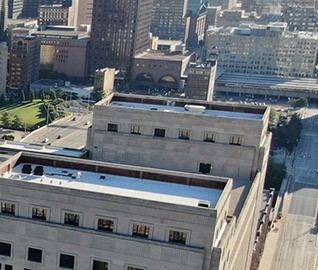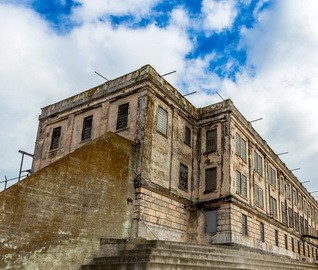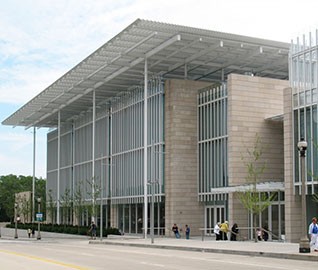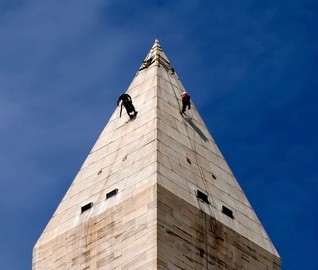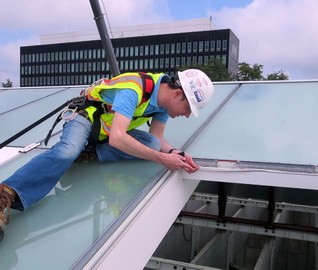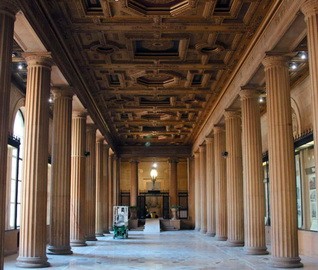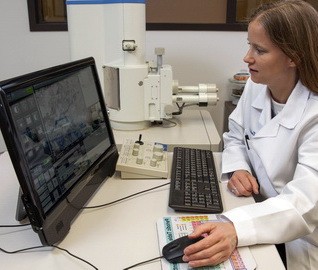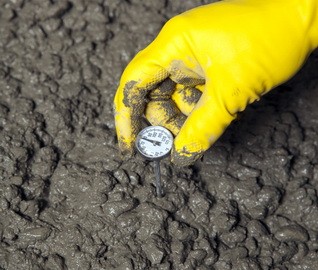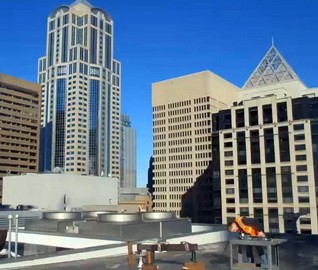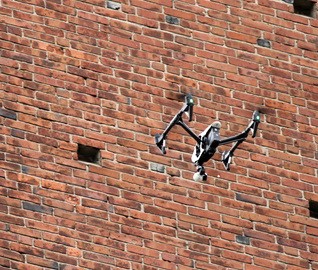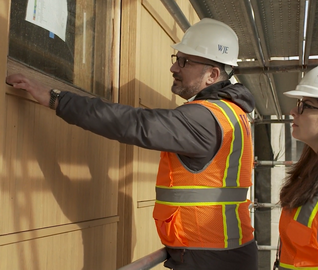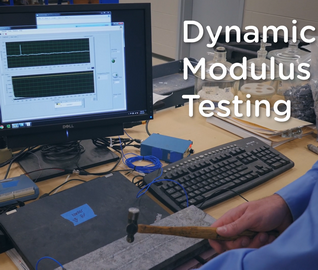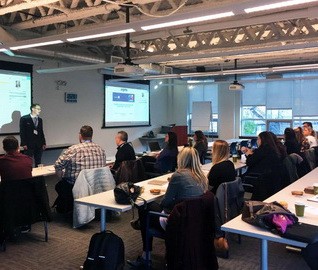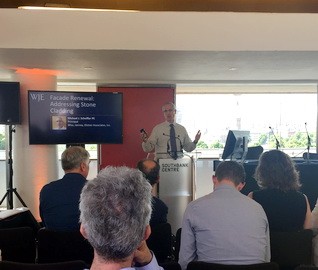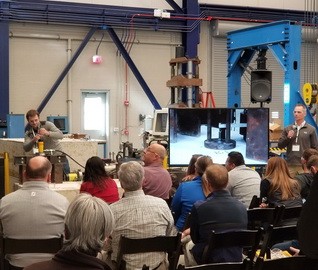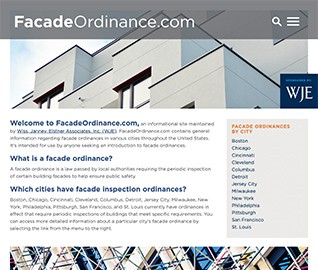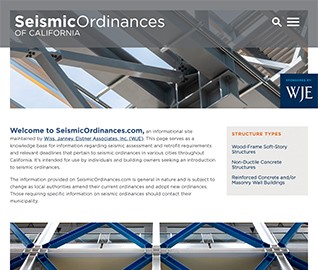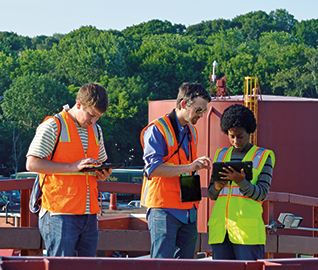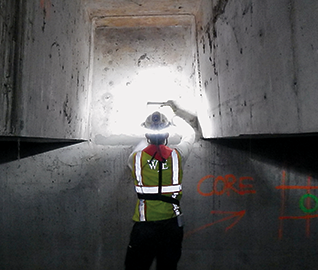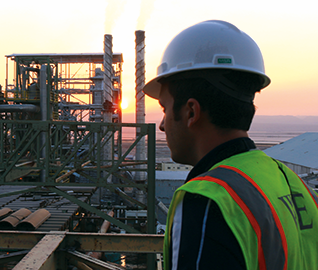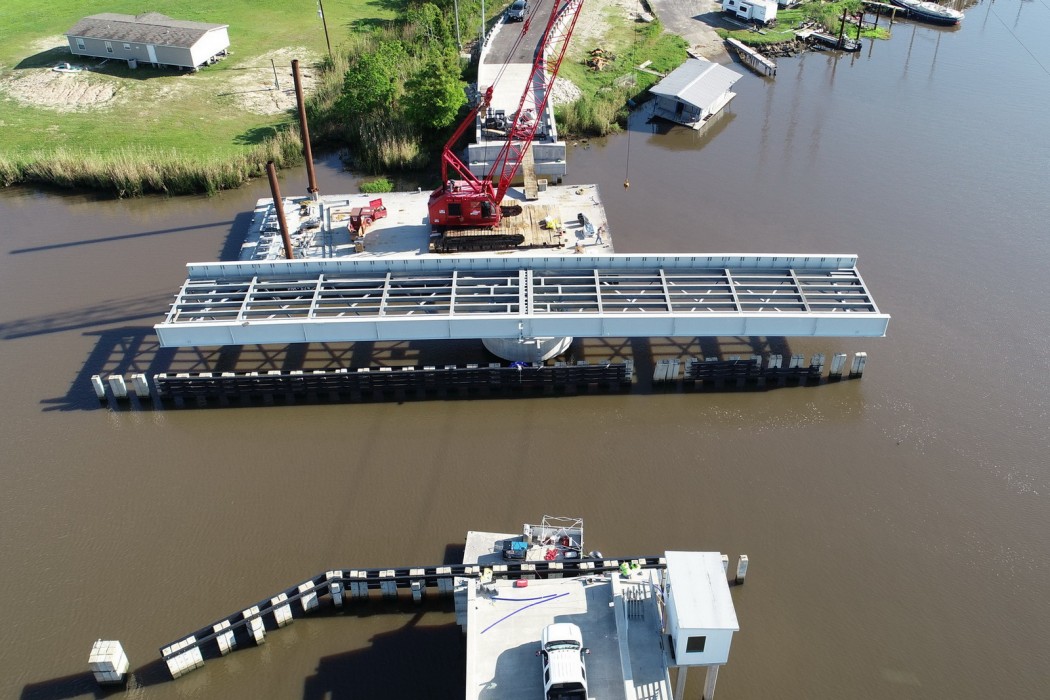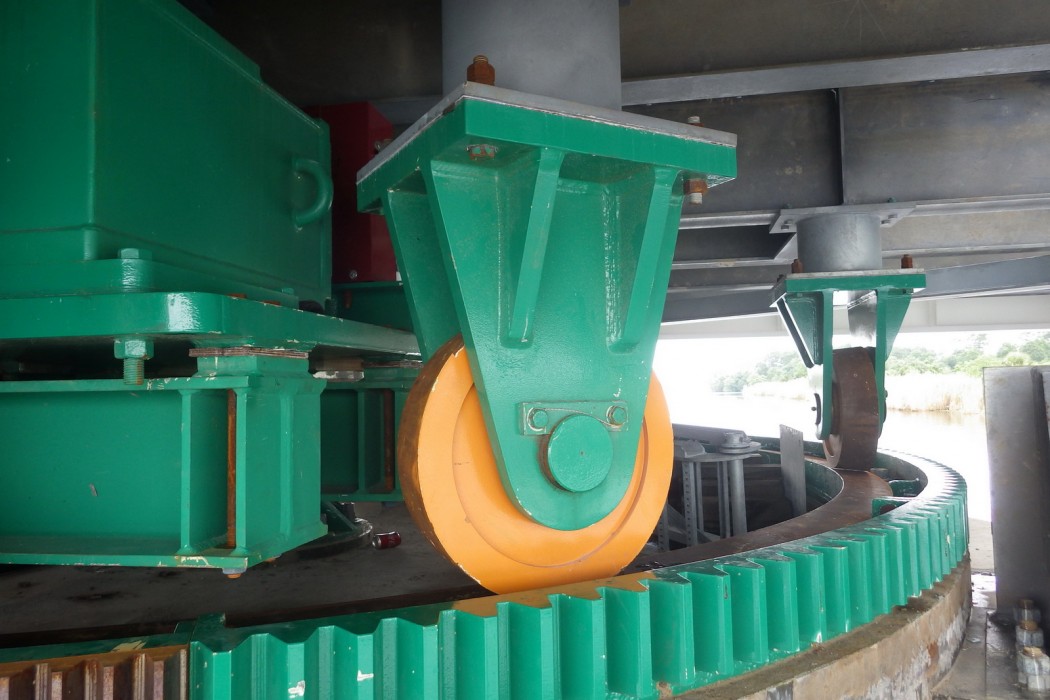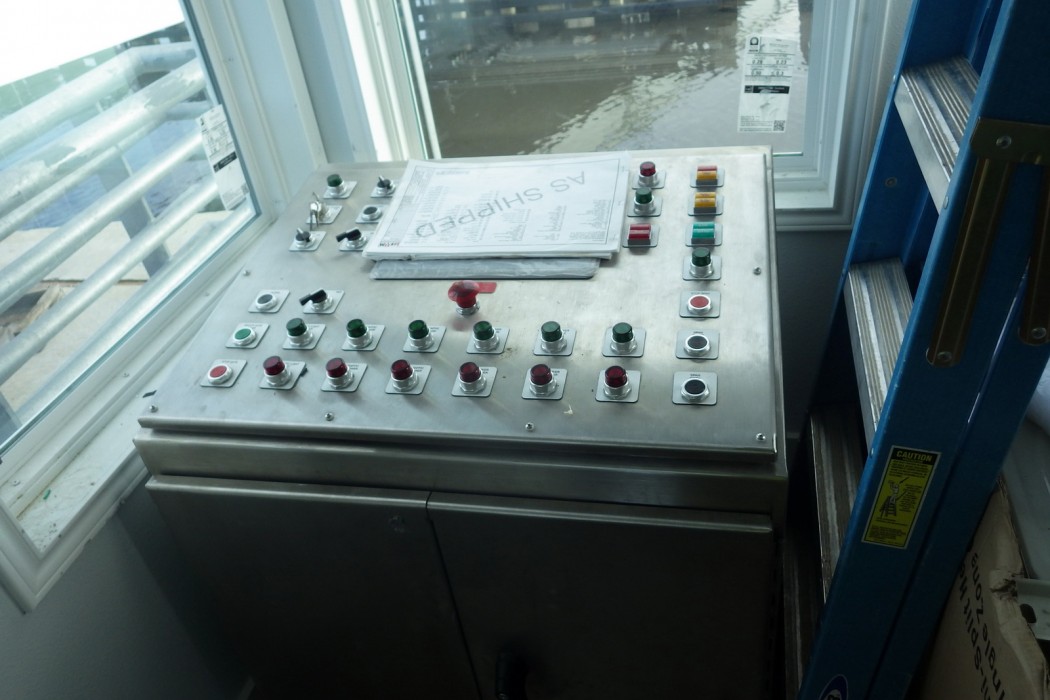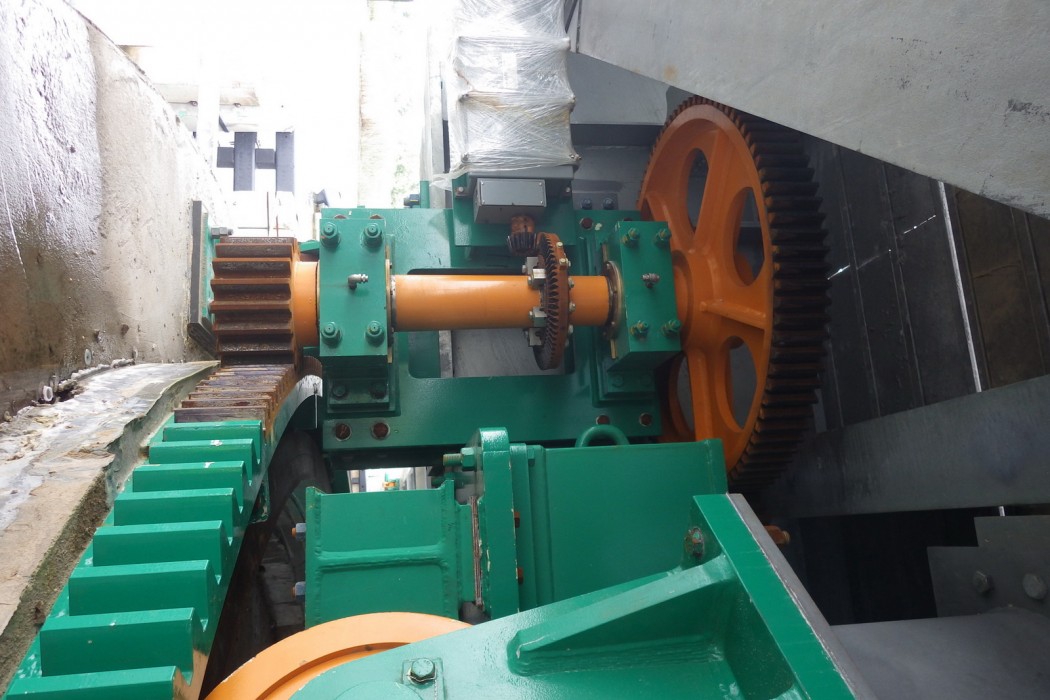WJE PROJECTS
East Roundbunch Road Swing Bridge
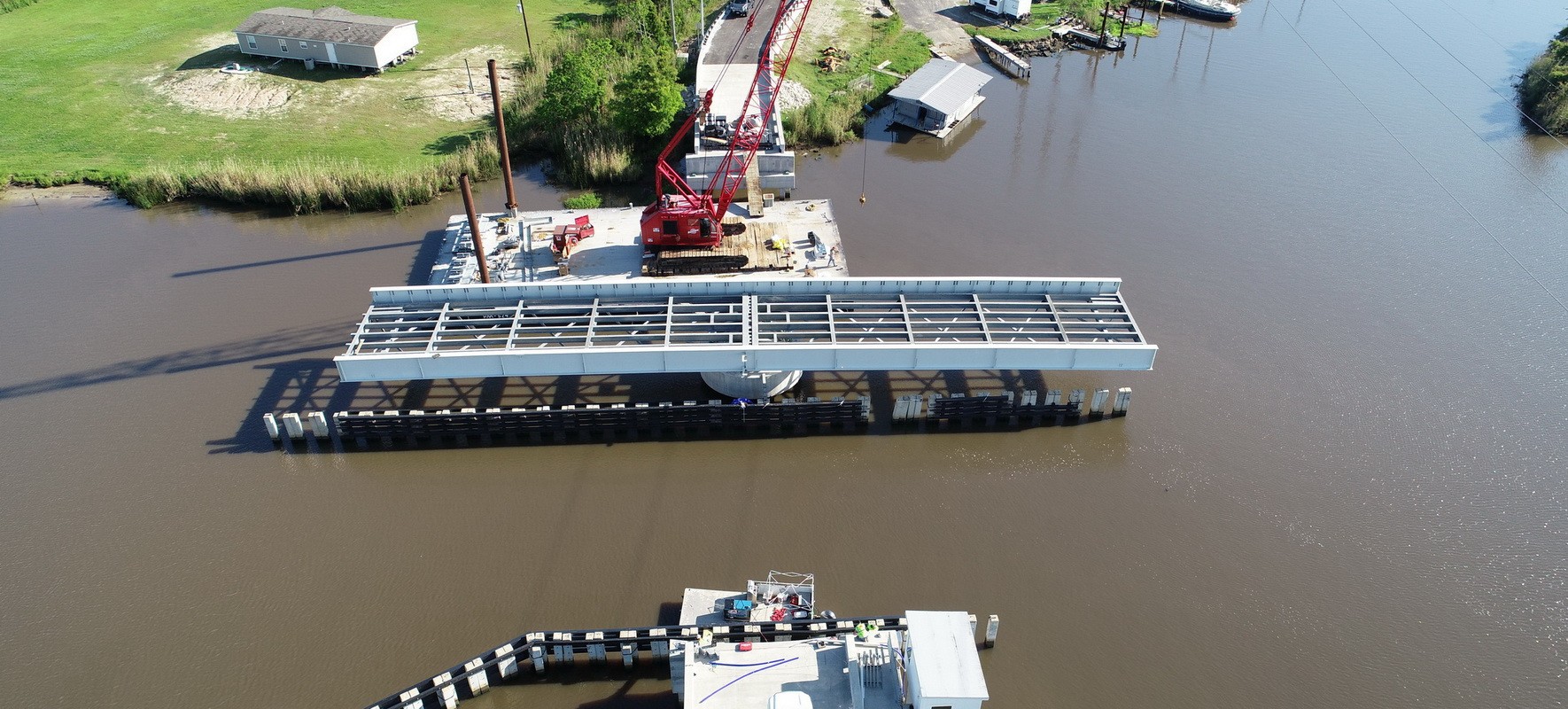

CLIENT |
Texas Department of Transportation |
LOCATION |
Orange County, TX |
Rehabilitation Design
Wiss, Janney, Elstner Associates provided structural, mechanical, and electrical engineering for the rehabilitation of the historic East Roundbunch Road Swing Bridge over Cow Bayou for unrestricted, long-term service. The project started with an assessment of the structural, mechanical, and electrical components to determine what portions of the structure could be rehabilitated. WJE’s findings were summarized in a preliminary engineering report submitted to the Texas Department of Transportation and was reviewed by the State Historic Preservation Office.
BACKGROUND
The East Roundbunch Road Swing Bridge over Cow Bayou was opened in 1963 and features nine spans along its length. The bridge is approximately 392 feet long with a roadway that is twenty-four feet wide, accommodating two traffic lanes. Seven of the spans are simply supported, reinforced concrete slab and girder (pan form) approach spans. The remaining portion of the historic bridge is a center bearing steel swing span that pivots about a center pier. The bridge is one of the last remaining operating swing bridges in Texas and is owned and operated by Orange County.
SOLUTION
Following review and approval of the preliminary engineering report, WJE was tasked with preparing full plans, specifications, and estimates for the complete rehabilitation of the swing bridge. The final design used all new components for the concrete approach spans. The swing bridge steel components were largely reused with a few exceptions where fatigue cracking had occurred. These were redesigned to mitigate the potential for future cracking.
The mechanical design provided for new span drive machinery and support machinery in accordance with current AASHTO requirements and was comprised of components powered by an electric motor. The support machinery included a new bronze plain center bearing, balance wheels, and a wedge at each corner driven by an electromechanical drive train. The design also included center pier live load rollers instead of center wedges. Elastomeric bumpers were provided as a simple low-cost solution with minimal maintenance requirements.
The electrical design included the provision of new drives, controls, and field devices for the span drive machinery and the end wedge machinery. Electrical design details also included design and integration of new traffic control features, bridge and maintenance lighting, and a CCTV system.
RELATED INFORMATION
-
 Our knowledge of bridge performance is supported by technical expertise in structural... MORE >Services | Bridge Engineering
Our knowledge of bridge performance is supported by technical expertise in structural... MORE >Services | Bridge Engineering -
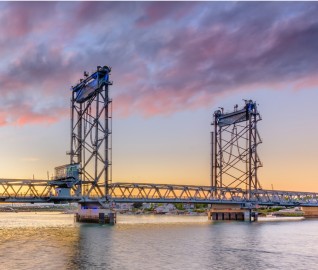 We are an industry leader in the design, inspection, and repair of heavy movable structures MORE >Services | Heavy Movable Structures
We are an industry leader in the design, inspection, and repair of heavy movable structures MORE >Services | Heavy Movable Structures -
 Our professionals deliver practical repair and rehabilitation services that maximize the... MORE >Services | Repair and Rehabilitation
Our professionals deliver practical repair and rehabilitation services that maximize the... MORE >Services | Repair and Rehabilitation -
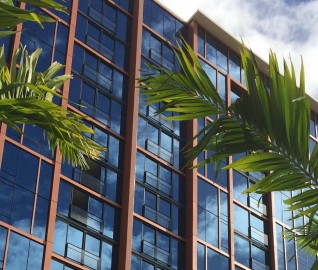 We collaborate with all project stakeholders throughout the design process to ensure the proper... MORE >Services | Systems and Components
We collaborate with all project stakeholders throughout the design process to ensure the proper... MORE >Services | Systems and Components


